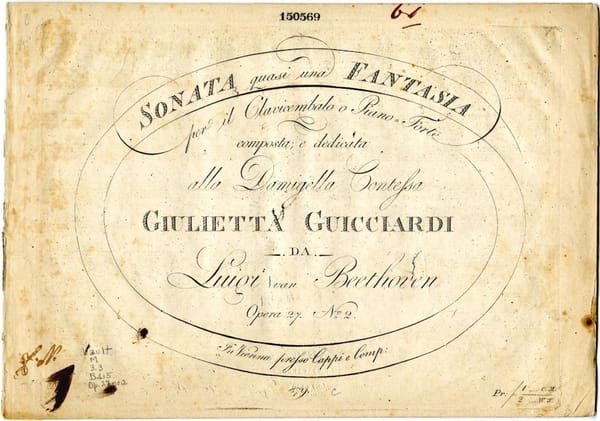Conversations with Task Force for Music and Arts’ Theja Meru
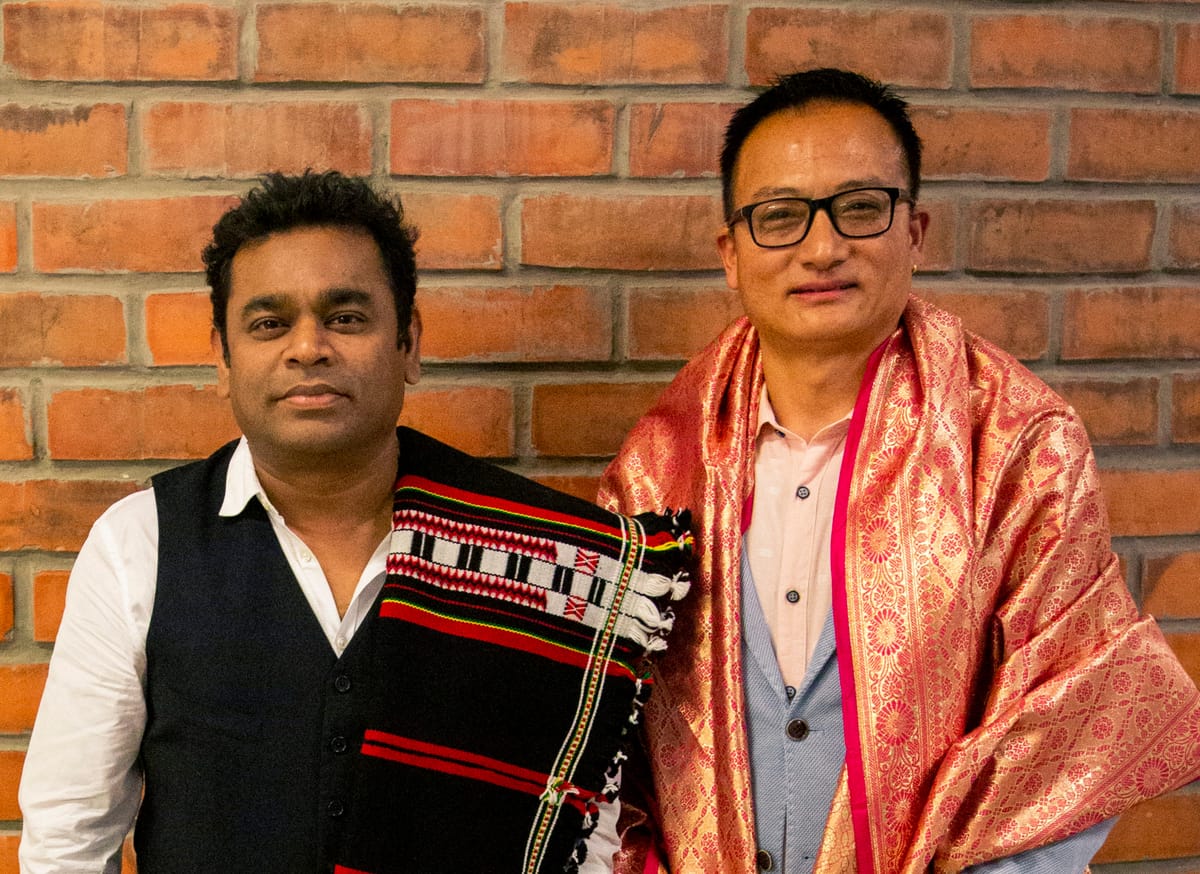
Hailing from the pristine North-Eastern State of Nagaland, Theja Meru is one gifted musician who wants to bring a difference in the world of the performing arts. Being the first person to establish a musical meet up point called Dream Café in Kohima, Theja himself is a talented singer and now as Advisor to the State Government’s Task Force for Music and Arts (TaFMA), is providing music education in Nagaland with guidance from the AR Rahman Foundation.
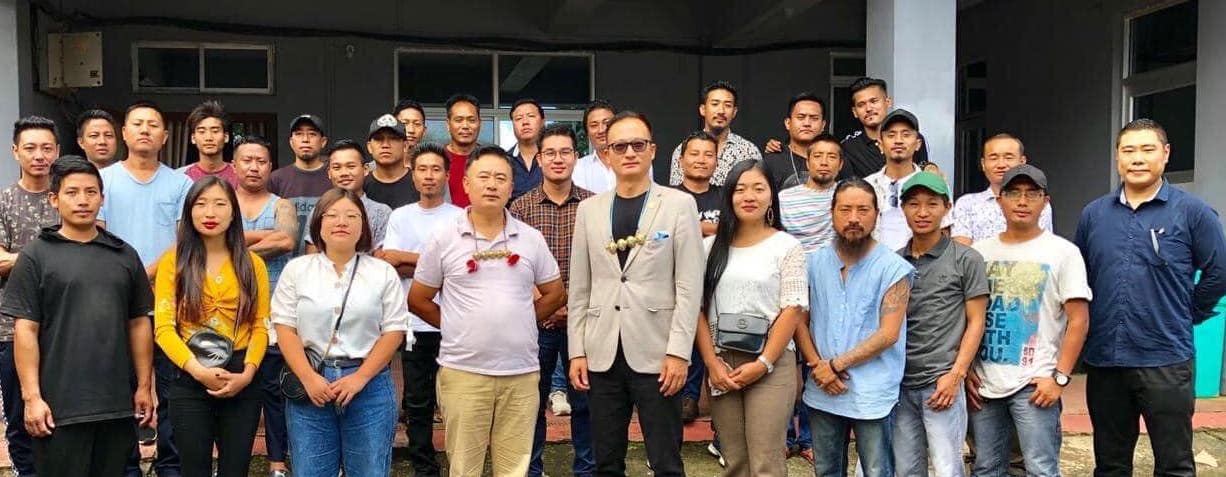
Navya Chittarvu: What are your earliest memories of being introduced to music?
Theja Meru: I spent a few years of my childhood at The Assembly of God Church School in Kolkata where I was a part of the choir as a tenor. We had a team called Celebrant Singers, and performed in concerts on a regular basis. We were hence introduced very early to music.
NC: What makes the music of Nagaland so unique?
TM: We are a culture of storytelling when it comes to music. It is an inherent part of our festivals. We use one percussion instrument. The music is a vocal blend of stories that travel from person to person. Almost all our music is based on vocal chants without much timing and with repetitive phrases. We have 16 tribes and our State is diverse. Every tribe has a different culture. It is a wonderful mix! English is our first language of communication. We have the Nagamese dialect which is a mix of both of Bengali and English. Nagaland has been termed the “Land of Festivals”- we have festivals all around the year that involves lot of singing, celebrating and storytelling. Music is part of life here. It is interesting to see many artists from Nagaland blending the local folk music with global genres of music such as EDM, Hip-Hop and K-Pop as well. This is a good development for its innovative and wider appeal. However, the roots of these respective musicians shouldn’t be forgotten.
NC: Is the Western music scene growing in Nagaland?
TM: Western classical music has been one of the biggest influences in Nagaland. In the last 10 years, several students across the cities of Dimapur and Kohima are showing great interest in learning and are taking graded music examinations as well.
NC: What is your opinion of fusion music?
TM: Fusion music is a great development when I think of it. It has brought the world together and made music a universal phenomenon. I find it very interesting to hear old classics along with the newest musicians who are doing a great job. The traditional music cannot go away no matter what.
NC: What do you enjoy listening to?
TM: I love the band U2. Their lyrics are socially conscious. They are sensitive towards what is happening in the world. This band has influenced me the most. Their sound is unique and the lead vocalist is fantastic. I’ve also been a huge fan of the Beatles like any other contemporary of my age. The idea of being a complete performer, not just a singer, is always fascinating to me. I’ve admired pop artists like Tina Turner and Madonna. I am finding pop sensations Katy Perry and Lady Gaga also interesting.
NC: What inspired you to create the Dream Café in Kohima?
TM: We started the Dream Café in the year 2003. It is the one of the first cafes in Kohima town where artists could meet and discuss collaborations over a cup of coffee. There has been a lot of political unrest in Nagaland. People were wary about taking entrepreneurship as a career. There was no space for the youth to come together. Dream Café is a place where people could meet and discuss the arts in a free-spirited manner. The biggest challenge was the very idea of bringing coffee into our culture because we are mostly tea drinkers! The place had of live performers but unlike urban places where it is easier, it was a challenge to bring local artists.
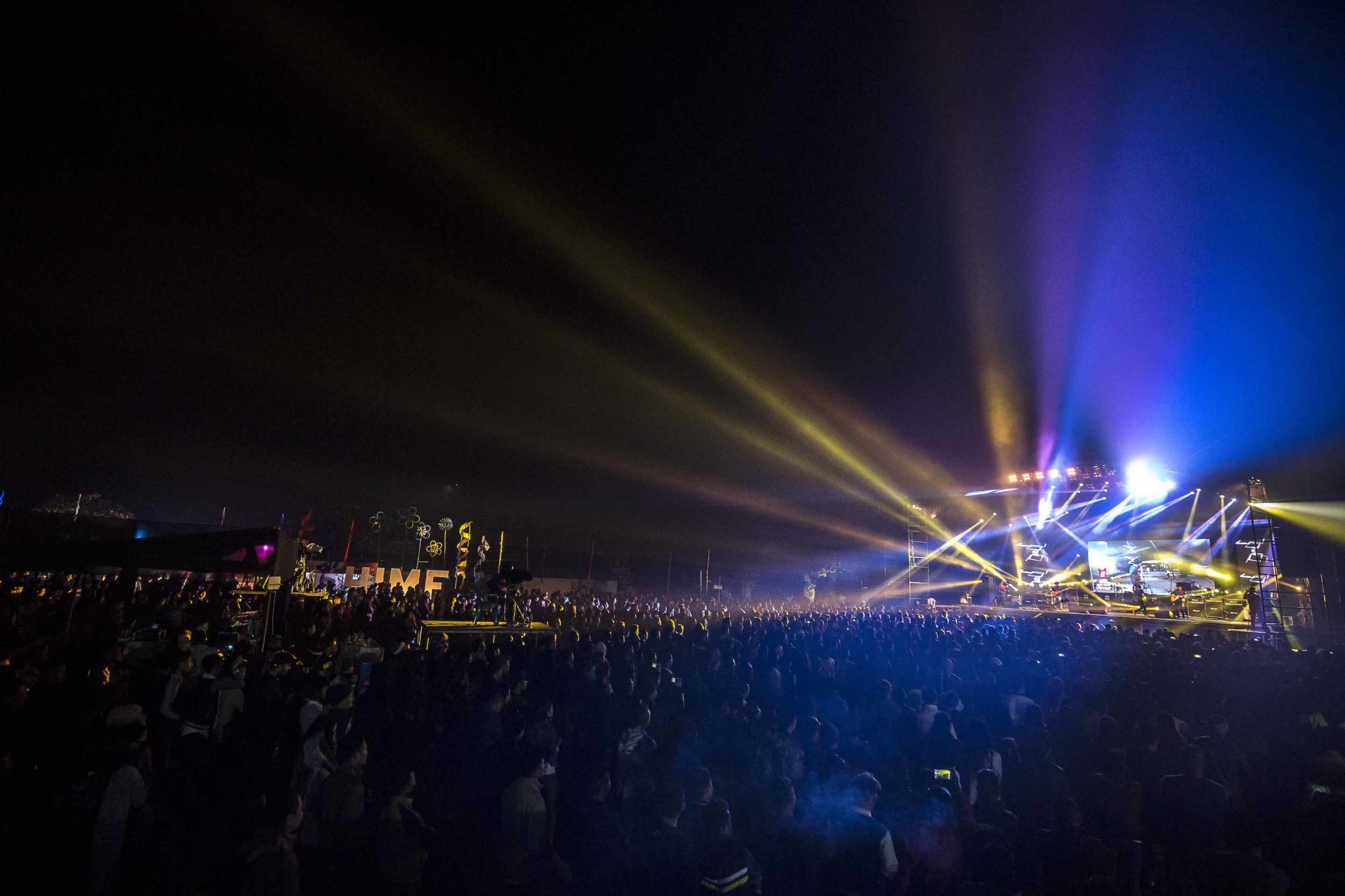
NC: Please tell us briefly about the Hornbill Festival.
TM: The Hornbill Music Festival is a 20-year-old festival. The two inseparable components of the festival are diverse cultures involving folk songs and organic food. It happens in Kisama, that is located 12 kilometers from Kohima. The festival runs for 10 days in which music plays a huge part. It is undoubtedly the biggest music festival in India covering genres such as Rock, Pop, K-Pop, Classic Rock, and EDM. We have taken the Hornbill festival to Kohima, Dimapur and Touphema. Along with the big stages, there are local artists performing in the local cafes as well.
NC: Your experience working with greats like Pandit Vishwa Mohan Bhatt and AR Rahman during Hornbill Music Festival?
TM: Pandit Vishwamohan Bhatt Sir is like a mentor to me and a great guru. It was a pleasure to have him in the festival along with AR Rahman as well. Both were incredibly friendly and open to our music and promoted the motive. With AR Rahman coming to the festival, it has become a biggest breakthrough for Nagaland’s music scene.
https://www.instagram.com/p/B6Njg8Hn47w/
NC: When did you take up your role as Advisor to the Task Force for Music and Arts (TaFMA)? Please tell us about your collaboration with AR Rahman’s Sunshine Orchestra.
TM: Last year, I was appointed as the advisor for TaFMA on World Music Day. Our honorable Chief Minister has taken a radical decision to appoint someone from the music industry to bring about a positive change. When I was approached for doing the task, I happily accepted the responsibility. The most important aspect was to bring a big name to Nagaland and form a local band. Through some friends I visited AR Rahman’s KM Music Conservatory in Chennai. I was very fortunate to have AR Rahman agree to help for this job. I attended the graduation ceremony at his school and invited AR Rahman to visit Nagaland and establish a Sunshine Orchestra Chapter in our State as well. Hence, the Sunshine Orchestra – Nagaland Chapter came into picture.
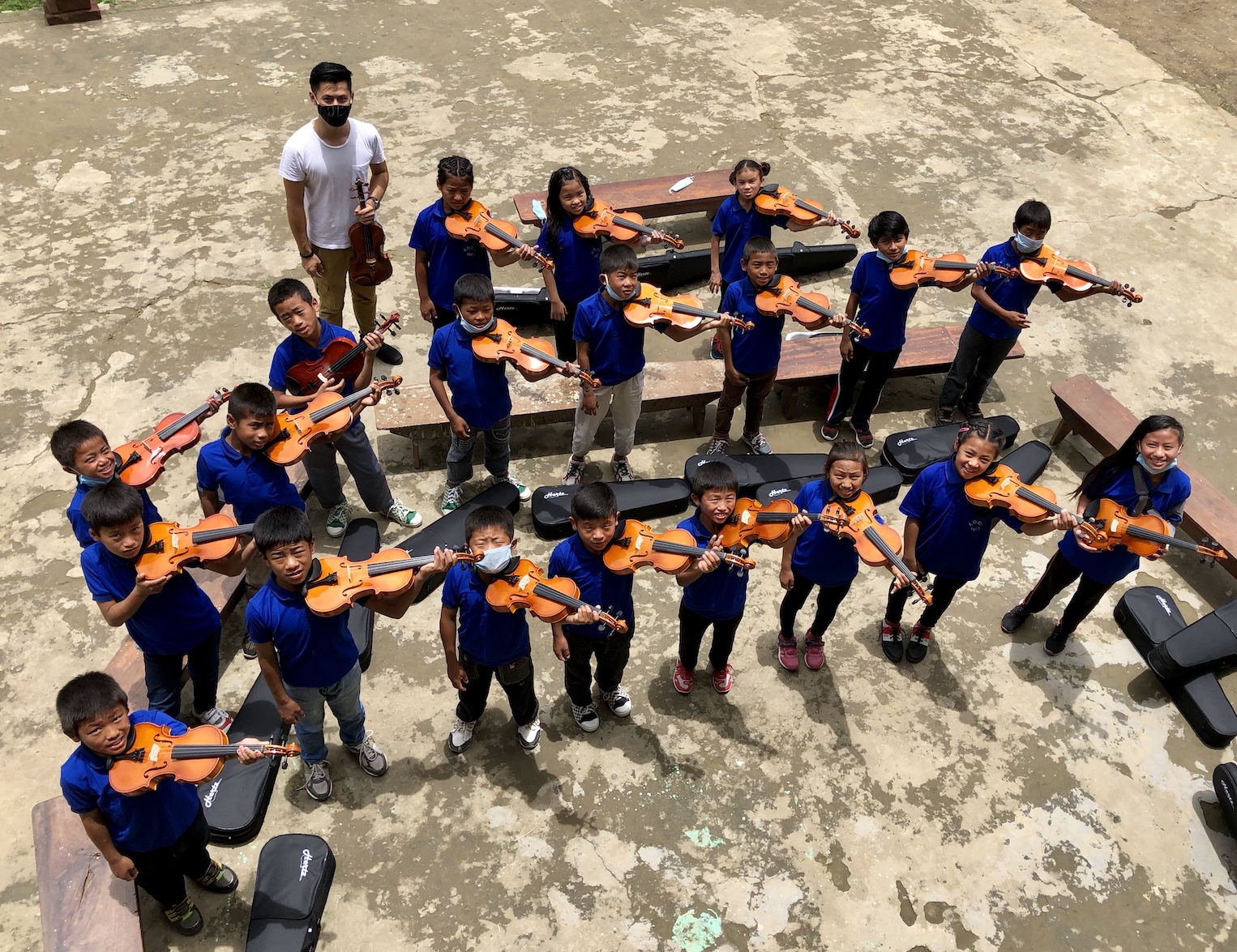
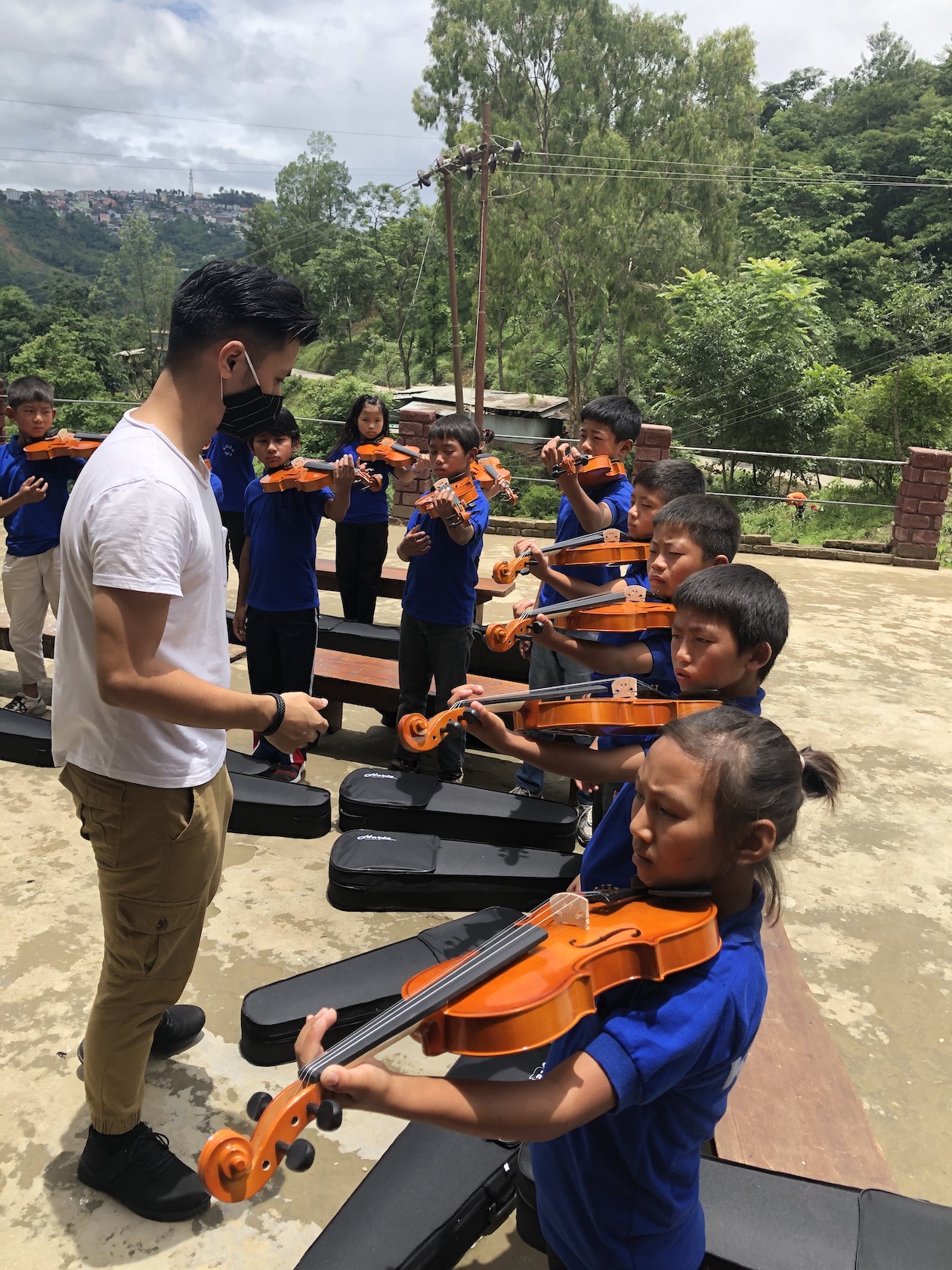
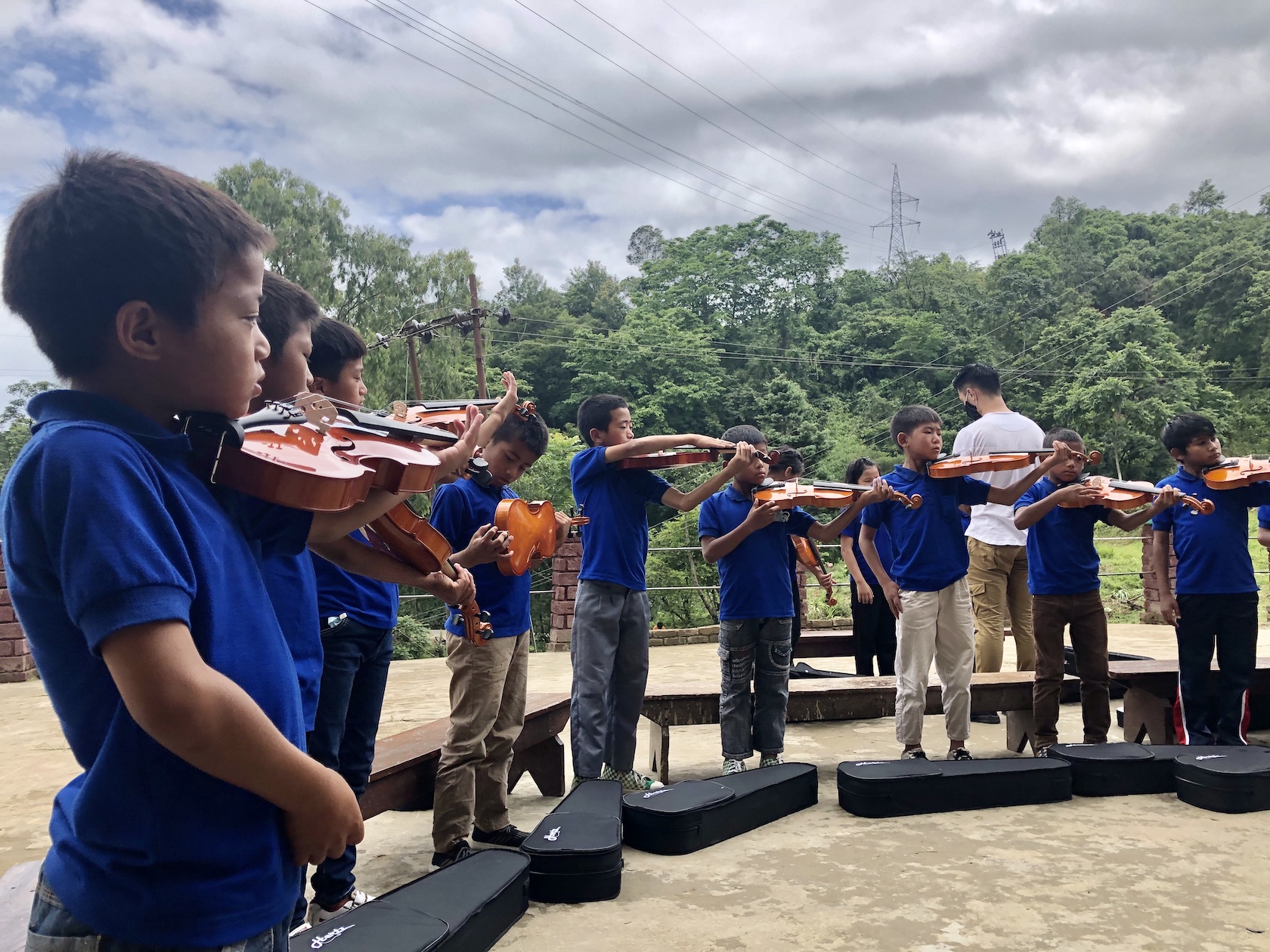
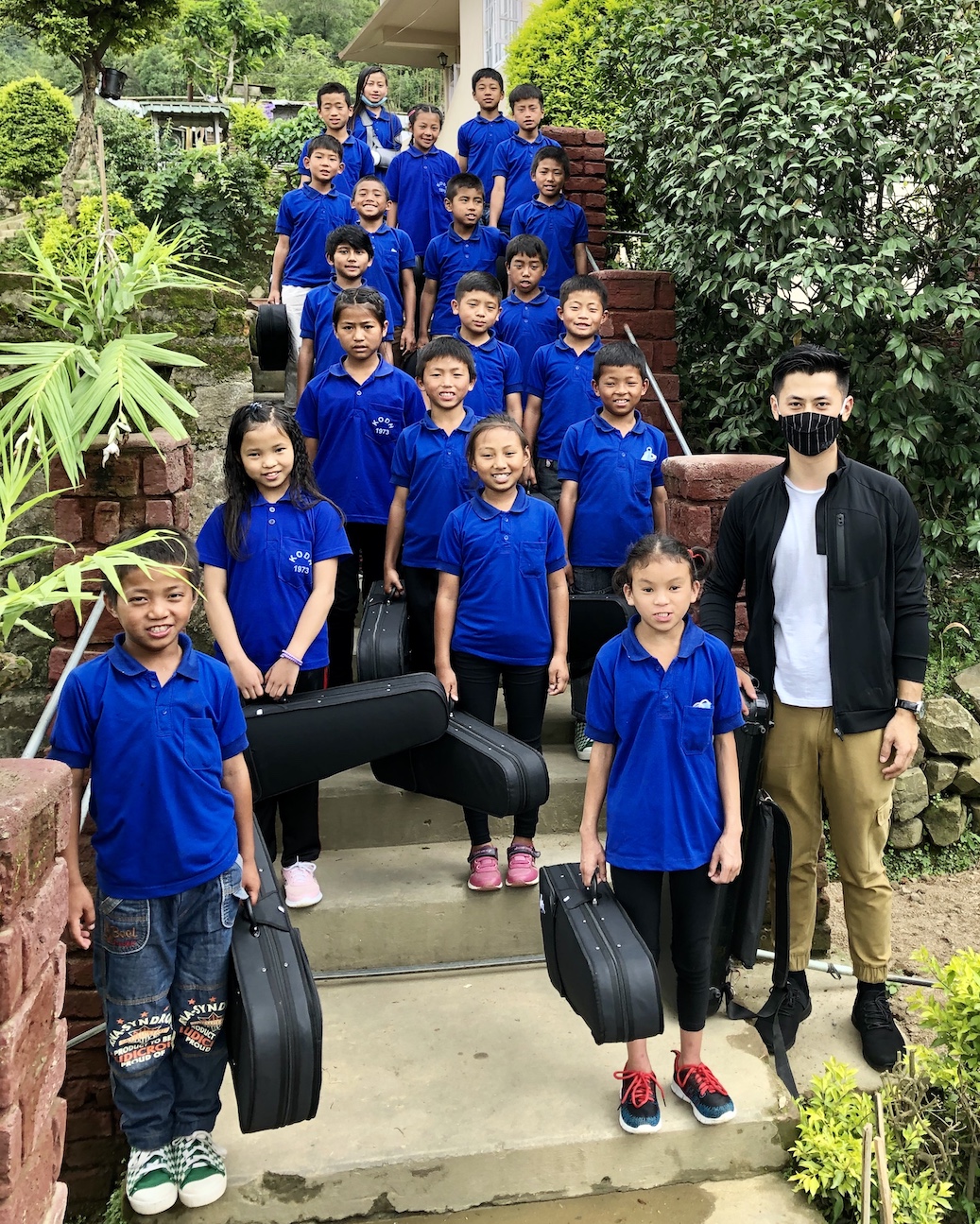
Rahman Sir expressed his love for the North East and extended his hand to help us out. We took a group of twenty children and trained them for basic music theory course. Earlier this year we launched music classes with Nourhevilie Khate – the instructor who teaches violin. All the children belong to the Kohima Home for Destitute and Orphans happening. The classes happen in one place. The kids are quite excited and look forward to learning the violin.
The Hornbill Festival 2020 will be held virtually from 1st – 10th December 2020.





